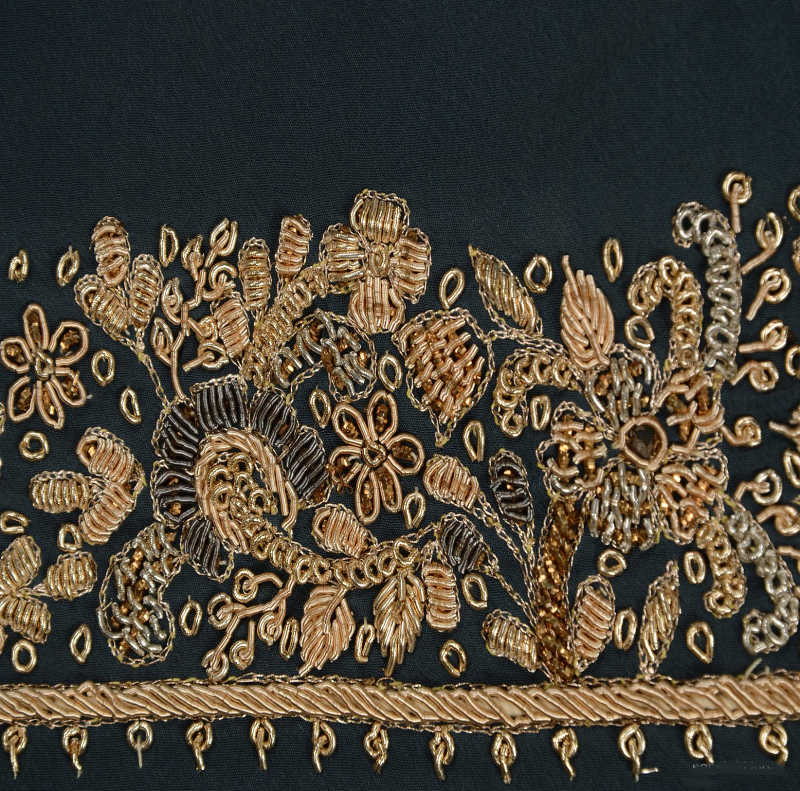===
0107,
1
===

=== |
 |
mukaddar : 'Rendered muddy or turbid; muddy, turbid; —disturbed, troubled, afflicted; —vexed, displeased; —sullen, gloomy'. (Platts p.1058)
FWP:
SETS == MUSHAIRAH; WORDPLAY
MOTIFS
NAMES
TERMS == IHAMThe wordplay with mukaddar is certainly the energy source of the verse, and quite a fine one too. The deprecatory, even apologetic tone is also a part of the pleasure-- that little 'somewhat, a bit' [kuchh] works so well!
The iham mentioned by SRF appears because naturally on a first reading we take 'under the dust' [zer-e ;Gubaar] in its idiomatic sense of 'wretched, miserable'. (Think of 'under the weather' in English.) In proper mushairah-verse style, the punch-word of the verse is then withheld until the last possible moment: not until the end of the second line do we get to hear mukaddar , and we realize that its normal meaning of 'disturbed, troubled, afflicted' must take a distant second place to its literal meaning of 'muddy, turbid'-- or, as SRF says, 'dust-covered'.
How do we realize that? Because this verse is so simple, it's almost possible to pin down the thought process. We realize it because on the first encounter the verse seems to fall apart into two prosy, dull complaints about being in a bad mood, so that it could hardly claim to be even a decent ghazal verse (much less a ghazal verse by Mir). So instantly we revisit the first line, looking for alternatives, sniffing for the truffle that we know must be there for us to dig up. And in this case, almost before we've consciously decided to dig, the truffle has leaped out of the ground and hit the mind with a truly enjoyable thwack.
At the heart of the pleasure is the reactivation of the petrified metaphor of 'under the dust'-- and also the recovery of the literal meaning of mukaddar . Indeed, if the heart is so often 'under the dust', how could the temperament not be a bit 'muddy, turbid'? It's a weird but enjoyable vision; it tickles the imagination, and also provides the mischievous, transgressive pleasure of reading both expressions against the grain of normal usage-- so that the usual sense doesn't go away, but must be kept hovering in the background while we savor a kind of verbal joke at its expense.
In many verses, the use of iham is only one of various verbal devices. But because this verse is in a short meter and is so simple (as opening-verses often are), there's virtually nothing else going on in the whole verse except this little iham. So it's a good example to use, if you want to explain the concept to someone. For further discussion of the problems and pleasures of iham, see {178,1}. (In the present verse the kuchh too certainly counts as another source of pleasure; but it doesn't compete with or obscure the iham in any way.)
While I'm on my soapbox, let me just point out that this verse also especially clearly shows Mir's devotion to wordplay. Without the iham, this verse would hardly even exist. Of course, a large majority of Mir's verses rely on wordplay to some degree, but in this very simple verse it's virtually all there is. Those 'natural poetry' people who prefer to see Mir as 'innocent', naive, weepy, childlike, as someone both unable and unwilling to 'lower himself' by using wordplay-- how can they even begin to explain a verse like this?